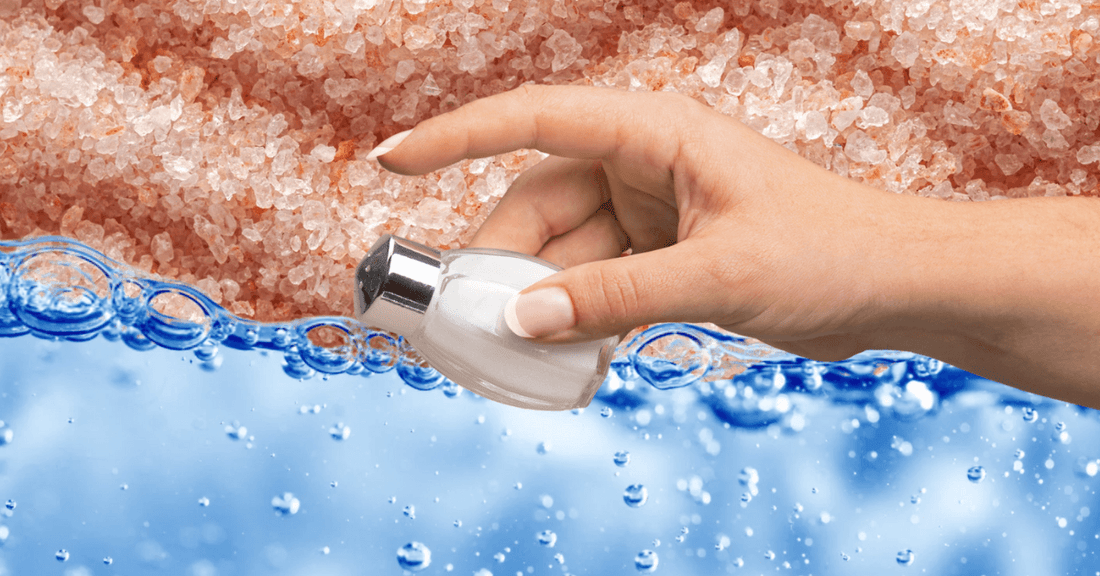
Electrolytes or Expensive Salt Water | Is Your Electrolyte Supplement Is Legit?
Share
Electrolytes are critical for anyone who trains regularly, sweats heavily, or simply wants to maintain energy and hydration through the summer heat. But not all electrolyte supplement formulas are created equal. In fact, many of the trendy products on the market are little more than overpriced salt water in disguise.
If you’re serious about performance and recovery, it’s worth learning how to spot the real thing. Here’s what to look for and what to avoid.
1. Skip the Salt Bombs
If the first ingredient is just sodium chloride or Himalayan salt, you’re not getting a real electrolyte formula. Sodium is the easiest mineral to get from food. What you really want is a balanced formula that includes the harder-to-get electrolytes like magnesium and potassium, especially if you train hard or sweat a lot.
A drink with only sodium is not an electrolyte supplement. It’s salt water with marketing.
2. Look for Powdered Formulas
Electrolyte powders dissolve quickly, offer more flexibility in dosing, and don’t rely on binders or useless fillers. They’re also easier on the stomach, which matters when you’re training in the heat or fueling during endurance sessions.
Plus, they often deliver more nutrition per dollar. Powders give you control over your intake and are far more economical in the long run.
3. Don’t Be Fooled by “Includes” Labels
Just because a label says it includes magnesium, potassium, or calcium doesn’t mean there’s enough of it to be effective. Always check the actual amounts per serving. If the dosage isn’t listed, that’s a red flag.
Compare products by:
-
Nutrient content per serving
-
Number of servings per container
-
Total cost per serving of active ingredients
High potency matters. A formula that lists an ingredient without delivering a meaningful dose is more about marketing than results.
4. Bonus Ingredients That Actually Matter
A well-designed electrolyte blend may include B vitamins for energy metabolism, Aquamin minerals for bioavailable calcium, magnesium and trace minerals, or zinc and vitamin C for immune support. These additions help your body do more with the minerals you’re consuming.
5. Go Easy on Flavour and Sugar
Heavy flavors, sugars, gummies, gels, or syrups are a common cause of GI distress in endurance athletes. A light, natural flavour is typically easier to tolerate, especially in larger volumes.
Sugary electrolyte drinks might taste good, but they can leave you bloated, sluggish, or worse.
If you're investing in your training, don’t settle for hype. A real electrolyte formula should support hydration, muscle function, and recovery, not just taste like salt and sugar.
Look for high-quality powdered formulas with effective doses of all the electrolytes, and supporting nutrients. Skip the trendy blends and go with what works.
Train smart. Recover better. Fuel your fitness.
Want real hydration? Explore HYDRATEfit
